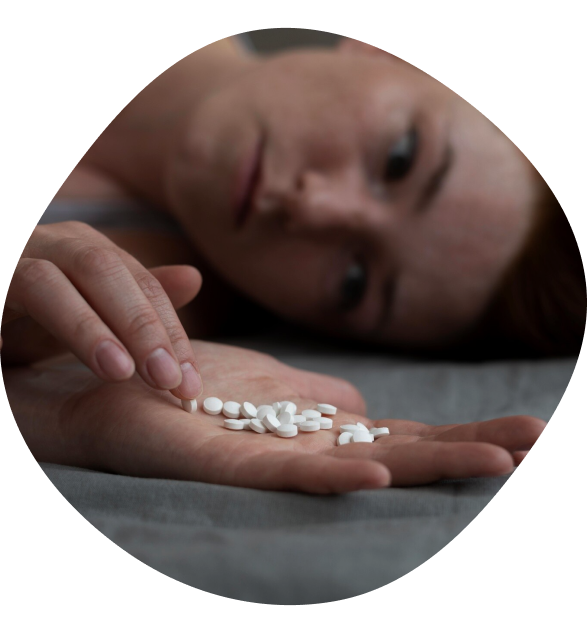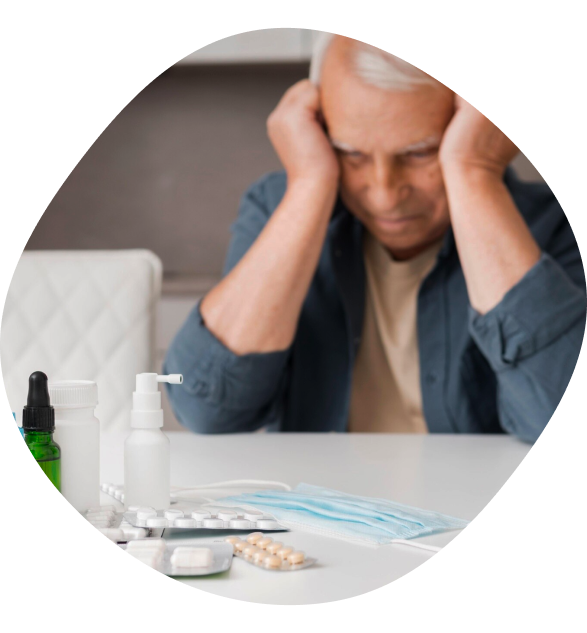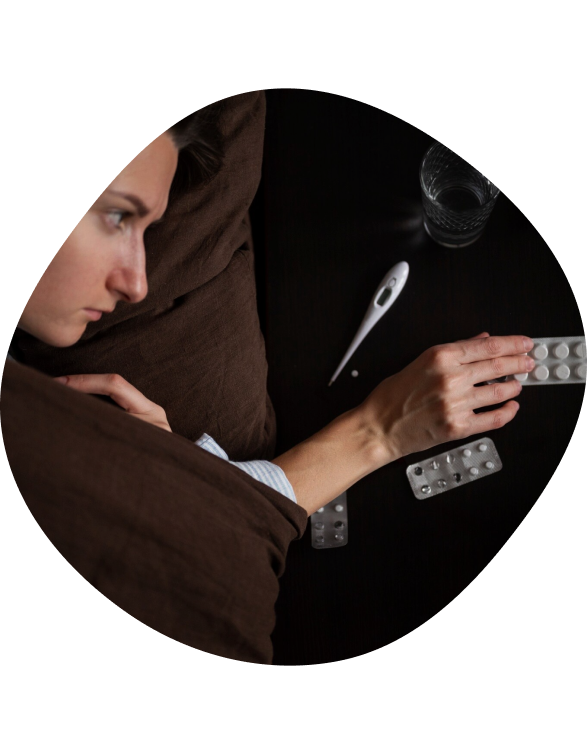




Heroin is an opioid drug derived from the natural opium poppy seed plant. Notoriously addictive and dangerous, heroin has no approved medical use and is classified as a Schedule I controlled substance.[1]
It has the potential to form lifelong dependence and cause severe brain alterations that make it increasingly difficult to stop. According to the National Institute on Drug Abuse (NIDA), most cases of heroin use (80%) stemmed from prescription painkillers or narcotic abuse.[2]
Due to its classification as an opioid, heroin use disorder is identified and diagnosed as an opioid use disorder (OUD). According to the Diagnostic and Statistical Manual of Mental Health (5th), the criteria for opioid use disorder (OUD) requires two of the following symptoms to be present over the course of one year:[3]


By nature, heroin is a central nervous system (CNS) depressant. All depressants slow down critical body functions, including heart rate and breathing. If prolonged, these effects can be fatal. In the brain, the CNS depressant substances attach to opioid receptors, and there is an initial surge or rush of euphoria and heaviness.[4]
Other effects of heroin use include:[5]




Most CNS depressants, even when prescribed, are not meant for long-term use. As we know, heroin use often begins with narcotic or opioid misuse, and this could dangerously extend the timeline of potential serious health risks.
Some serious health risks of heroin use include:[6]


How and when you or a loved one may experience heroin withdrawal can vary based on individual use, the last dose, medical history, and if any other substances are on board.
Heroin withdrawal symptoms include:[7]
According to The National Institute on Drug Abuse (NIDA), this is what the heroin withdrawal timeline may look like:[8]






Your experience with heroin or any substance is unique from anyone else’s experience. There are no cookie-cutter plans that offer lasting outcomes. At NUMA Recovery, we will design a treatment plan customized to each individual's needs.
From first contact to long-term accountability and support, our treatment programs have been created to facilitate life-changing recovery and ensure you get the support you need.


Heroin use disorder is a mental health disorder, but it is often accompanied by other mental or behavioral health concerns that must also be addressed. If ignored, it may be more difficult to recover or too easy to establish harmful patterns.
Therapy is beneficial for identifying harmful thought and behavior patterns, addressing the root causes, and replacing them with healthier habits instead. These skills empower you to overcome substance abuse and become the best version of yourself.
Therapy modalities at NUMA include:


